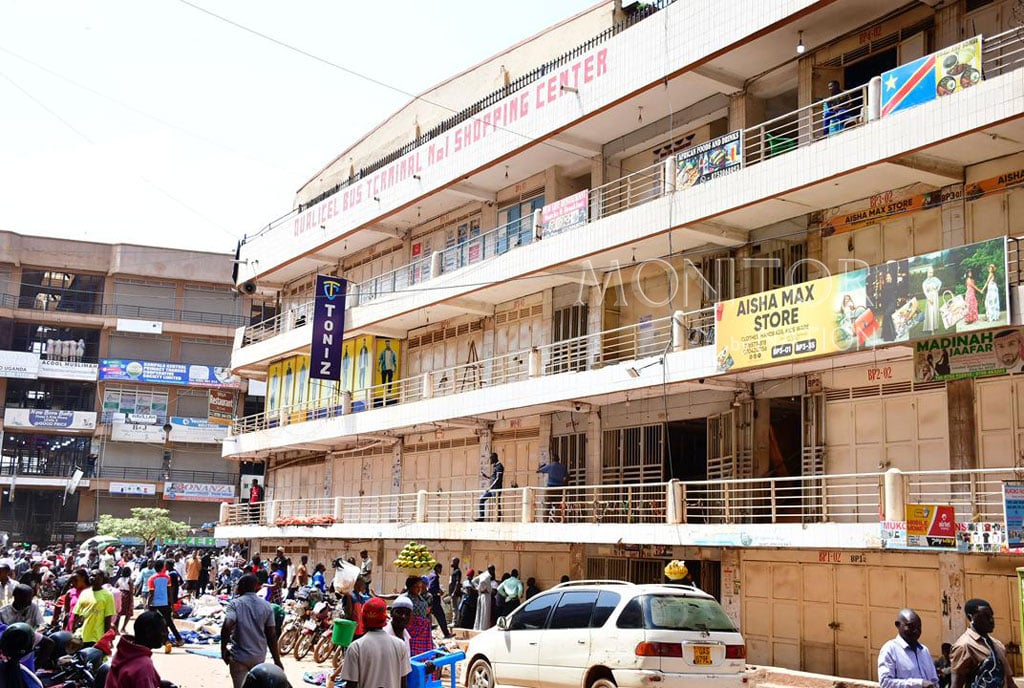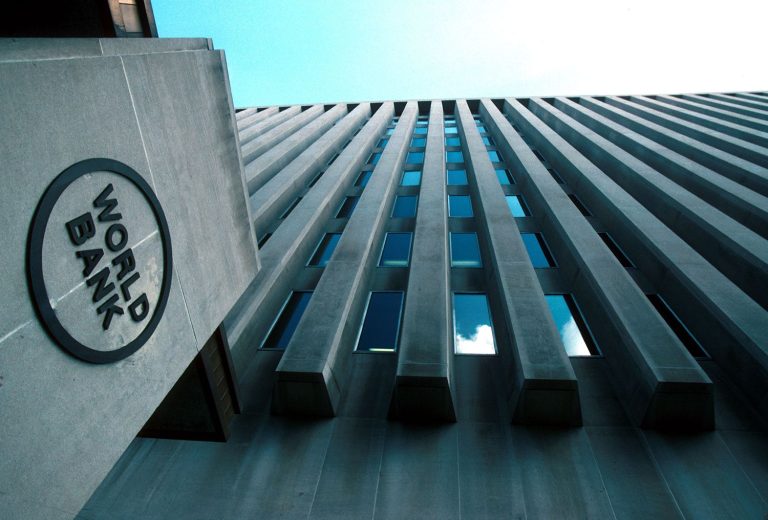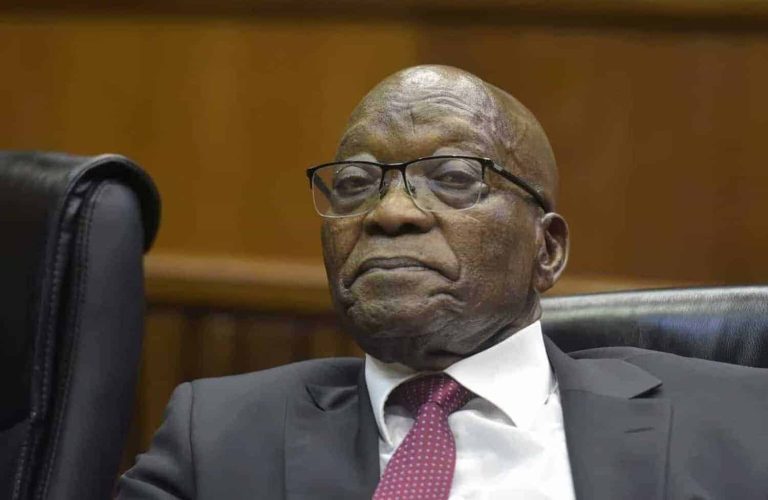
Traders in the Ugandan capital of Kampala have closed their shops protesting high taxes, increased rental charges and other unfair trade policies by the government.
The protest, led by the Kampala City Traders Association (KACITA), also calls for the removal of street vendors and containment of growing competition from petty foreign traders.
“You see foreign traders who actually come here as manufacturers in every corner of the country, vending their goods on retail, there is no chain of trade, and this cannot be found in any sober country. Let the government stop being reluctant and unfair. Do we need rocket science to implement a few things like clearing vendors who are blocking all roads to arcades?” said KACITA chairperson, Mr Isa Ssekito.
According to him, their protest will only be called upon the government’s commitment to address their grievances.
The chairperson Federation of Uganda Traders Association, Mr John Kabanda, said the traders’ other grievance stems from their landlords’ insistence on charging rent in dollars despite an earlier government ban.
“Downtown, we had agreed that nobody should pay rent in dollars and no one should increase more than 10 percent, but some landlords go ahead to act to the contrary. All these issues are becoming painful and not being addressed, thus the only option we have is to close the business,” he said.
Traders argue that the current tax system, including tax by weight for textiles and garments, is unfair and was introduced without enough sensitisation.
“UNBS has now, instead of ensuring standardisation, it is rather acting as if it’s collecting taxes. To these and other unfair treatments, we demand that the taxi in kilos is completely removed,” Mr Ssekito said.
With heavy security personnel deployed in the city centre, some traders have expressed frustration, citing losses and disruptions to their businesses.
However, some shops remained open during the protest, highlighting divisions among traders.
“We have a lot of self-interest among our leaders. Some people are seeking selfish interests from traders’ issues but without forcing anyone, we want other members of the business community to join others. You saw how things got destroyed by floods and as you reluctantly sit, it will soon come to you,” said Mr Ssekito.
One of the traders, Mr Moses Ddiba, said; “A child of a trader will also be a trader, implying that we’re in a chain that will never end. Authorities should act wholeheartedly to solve issues.”
When the traders announced last month that they would close their shops starting the first week of November, the Minister for Kampala and Metropolitan Affairs, Hajat Minsa Kabanda, appealed to them to abandon plans for the strike, assuring them that the government was already addressing their concerns.
“The Ministry of Trade and other responsible government agencies are handling their issues. I request the traders to continue doing business as their concerns are being addressed,” Ms Kabanda said on October 22.
While meeting her supporters at Nakivubo Blue Primary School after her nomination, Ms Kabanda also pledged to advocate for improved city infrastructure and better trading conditions.
“I will work with city authorities and the central government to improve roads and secure more trade spaces for our business community,” she said.
The protest comes two months after traders called off a similar strike that had begun in August over the same concerns. That strike, which was sparked by high taxes, foreign competition, and what they termed as unfair trade policies, was suspended after a meeting between KACITA leaders and the Prime Minister, Ms Robinah Nabbanja.
Mr Sekitto said one of the most contentious issues raised during discussions with the Prime Minister was the taxation system on textiles and garments, especially those taxed by weight, which traders say is exorbitant and unfair.



